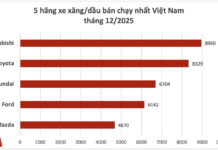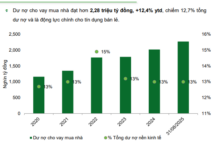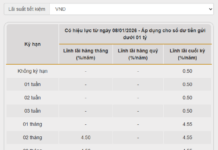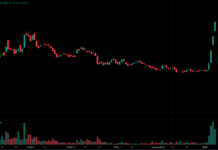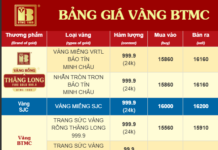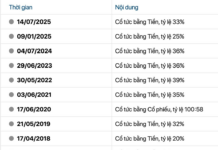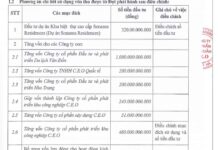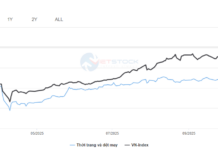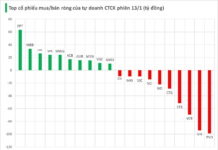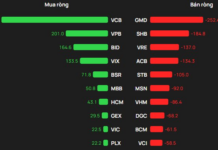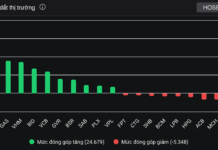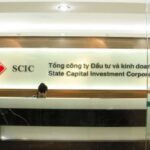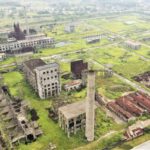At the workshop “Vietnam’s Third Quarter Economic Information and the Socio-Economic Impact of the Special Consumption Tax Policy on Industries” organized by the European Chamber of Commerce in Vietnam (EuroCham) on November 18, some opinions stated that Vietnam’s economy has recovered strongly, but the country’s business environment has not improved much in terms of policies and is not yet truly attractive.
GROWTH LACKS SUSTAINABILITY
Assessing the situation at the workshop, Dr. Nguyen Quoc Viet, Vice President of the Institute of Economics and Policy Research (VEPR), stated that Vietnam’s economy has recovered robustly. GDP growth in the first nine months reached 6.82%, and inflationary pressure was controlled in the third quarter. In Q3/2024, the CPI growth rate showed an optimistic picture, increasing by only 3.48%, lower than the first half of 2024.
The total import and export turnover in the first nine months of 2024 reached US$578.5 billion, up 16.3% over the same period in 2023, of which exports increased by 15.4% and imports by 17.3%. The trade surplus was US$20.8 billion, a positive figure in the 2020-2024 period.
According to Dr. Viet, the main growth driver was the processing and manufacturing industry, and export growth was mainly driven by this sector. A positive sign is the increase in imports, indicating abundant orders and deep integration of the domestic economy into the global value chain. Therefore, achieving the economic growth target of 7% for the whole year is feasible.
EuroCham Vice Chairman, Nguyen Hai Minh, acknowledged that Vietnam’s economy has rebounded in the last two quarters. The BCI index is now above average. Specifically, EuroCham’s survey in Q3/2024 showed a significant increase in the BCI index from 45.1 in Q3/2023 to 52% in Q3/2024, marking a strong recovery.
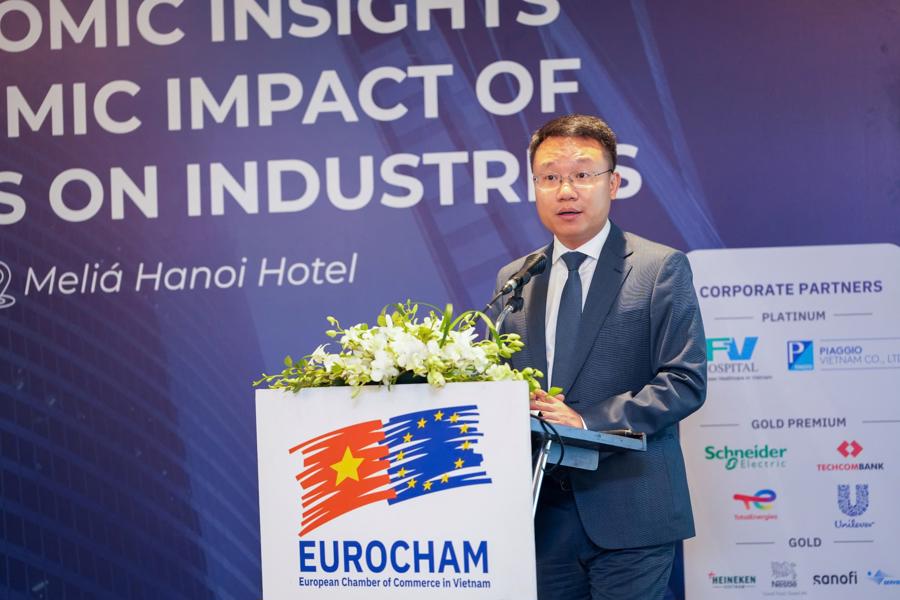
Mr. Minh also assessed that this year has been a year of strong growth for Vietnam, but it is necessary to identify the main growth drivers and how to maintain this pace. He questioned what policies are needed to attract more investment.
“European businesses demand more transparency in the economy, and compliance requirements need to be clear and transparent as well. Meanwhile, administrative procedures remain a significant barrier. So, what policies should Vietnam prioritize in the coming time?” Mr. Minh asked.
Dr. Nguyen Minh Thao, Head of the Business Environment and Competitiveness Division at the Central Institute for Economic Management (CIEM), shared that the numbers show a robust recovery in the economy, with positive export growth, a gradual recovery in industrial production, and increasing consumer demand. In fact, Vietnam is considered one of the fastest-growing countries globally.
However, Dr. Thao argued that the sustainability of this growth is uncertain due to global instability, with conflicts showing no signs of cooling down and affecting input costs. Additionally, Vietnam is significantly impacted by changes in US trade policies aimed at addressing trade deficits with other countries.
“This shows that while we have achieved good growth in 2024, with prospects even higher than the National Assembly’s target, the stability of this growth lacks sustainability due to many unpredictable factors,” Dr. Thao emphasized.
Furthermore, Vietnam’s business environment has not seen much improvement in terms of policies and is not yet genuinely attractive. While some sectors have successfully attracted foreign investment, overall, there is still room for improvement regarding policies related to the business environment.
POLICIES NEED TO CATCH UP WITH GLOBAL STANDARDS
According to Dr. Thao, the business environment is not only about policies and procedural barriers but also the stability of those policies, which is a decisive factor for FDI businesses. In reality, foreign investment in Vietnam has increased, but the scale of projects has been decreasing.
Additionally, substantial reforms have not been adequately implemented. Therefore, more direct and concrete solutions are needed to create a friendly investment and business environment that supports enterprises’ production and operation.
To boost investment motivation for businesses, including FDI enterprises, Dr. Viet suggested that policies need to catch up with global standards. If policies lag, it will be challenging to promote investments in the new trend related to green consumption growth.
For instance, Decree 135 on the development of rooftop solar power (temporarily called hunger eradication in clean energy), poverty reduction in sustainable development and net-zero goals, the EU’s yellow card, and their control of plant residue are positive steps. However, without synchronized policies from government agencies to support seafood production and export enterprises, farmers in aquaculture and fisheries will face technical barriers and non-tariff barriers in international trade and investment. This will reduce businesses’ confidence and enthusiasm for investment and development.
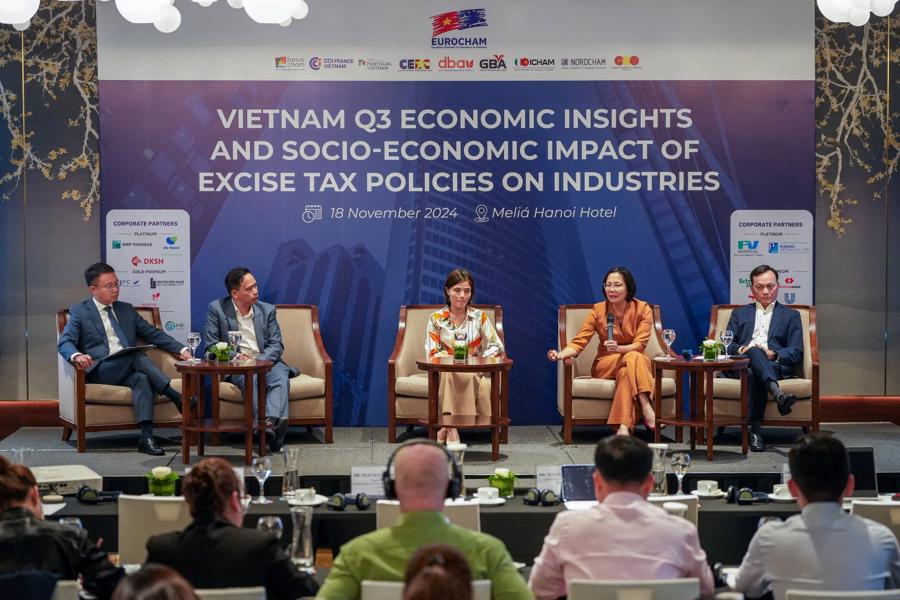
“Promoting investment and domestic consumption drivers requires more substantive policies and more focused and targeted support rather than a scattered approach in the future,” Dr. Viet added.
According to Ms. Dinh Thi Quynh Van, Chairman of PwC Vietnam, improving the business environment requires many factors. Besides administrative procedures, a stable policy environment and a comprehensive and unified policy framework are crucial. Currently, each ministry and sector has its own set of policies.
Ms. Van gave an example: “It takes only 6-12 months to sign a BOT energy project in other countries, but it takes ten years in Vietnam. More than a dozen LNG projects have been pending approval for years. The Law on PPP has been in place for a few years but has not been implemented.”
Therefore, the government needs to take a holistic view and ensure synchronization between the regulations of different ministries and sectors. The current challenge is the law, and without inter-ministerial support, it will be difficult to achieve these improvements.
EuroCham also agreed that policy-making in Vietnam should be linked to global changes, new regulations, and standards. Renewable energy is a key issue, not just a business need, but also a prerequisite, as cheaper energy is a condition for attracting investment.
The First Target of N.H.O’s Transformation Journey Since 2024
The dynamic growth of Hai Phong in recent years has captured the attention of domestic and foreign investors alike. This vibrant city is rapidly emerging as a lucrative investment destination, offering a plethora of opportunities across various sectors. With its strategic location, robust infrastructure, and a thriving economy, Hai Phong presents an attractive prospect for businesses seeking expansion or new ventures. The city’s ongoing transformation and potential for sustainable development make it a prominent player in Vietnam’s economic landscape, paving the way for exciting possibilities and a prosperous future.
The Real Estate Market’s ‘Upside-Down’ Pyramid: A City’s Story of Missing Affordable Homes.
Mr. Le Hoang Chau, Chairman of the Ho Chi Minh City Real Estate Association (HoREA), offers an intriguing perspective on the current state of the real estate market. He analogizes the market to an “inverted pyramid,” alluding to a unique situation where positive signals exist, yet the market remains uneven and unstable in its development.





